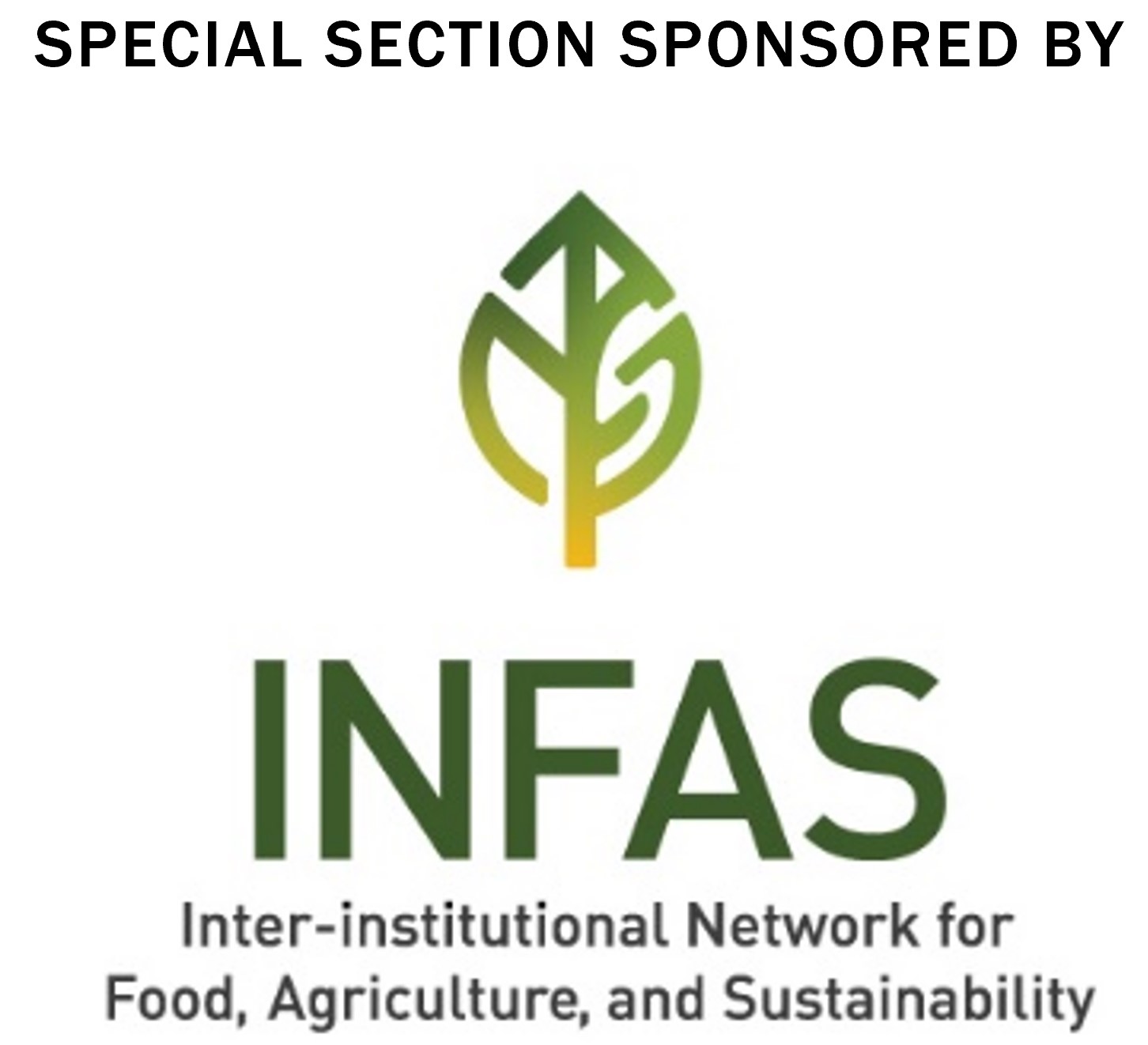The college campus as a living laboratory for meaningful food system transformation
DOI:
https://doi.org/10.5304/jafscd.2023.122.014
Keywords:
Food System, Food Insecurity, Food Justice, Food Equality, College Campus, Student Retention, Food WasteAbstract
As has become abundantly clear to the social scientists, agriculturalists, policymakers, and food justice advocates who have taken up the fight, progress toward more resilient, fair, and effective food systems is hard fought and prone to challenges. Vexingly, the competing goals of food system improvement even make defining “success” in food system transformation difficult: accessible, affordable food versus nutritious food; diversity in the agricultural economy versus the cost savings of consolidation; and consumer choice and variety versus the ecological advantages of eating seasonally and locally.
In this commentary, we treat American college campuses as analogs of the larger food system and as such, laboratories[1] for study of these systemic tradeoffs and proving grounds for policy interventions. We argue that the lived context of college students approximates that of communities in which financial, logistical, and other challenges negatively affect nutrition, equitable food access, and food knowledge outcomes. We suggest that the rigorous assessment of changes in educational philosophy, management practices, and spending priorities on campuses may offer insight into the ways in which we might effect change throughout the broad national food landscape, to facilitate the transition to more equitable and just food systems.
[1] Our propositions here connect more broadly with the literature examining the campus as a living laboratory, which addresses a wide array of sustainability issues (e.g., Gomez & Derr, 2021; Hansen, 2017; Save et al., 2021).
Metrics

Downloads
Published
How to Cite
Issue
Section
License
Copyright (c) 2023 Jason R. Evans, April M. Roggio

This work is licensed under a Creative Commons Attribution 4.0 International License.
The copyright to all content published in JAFSCD belongs to the author(s). It is licensed as CC BY 4.0. This license determines how you may reprint, copy, distribute, or otherwise share JAFSCD content.













